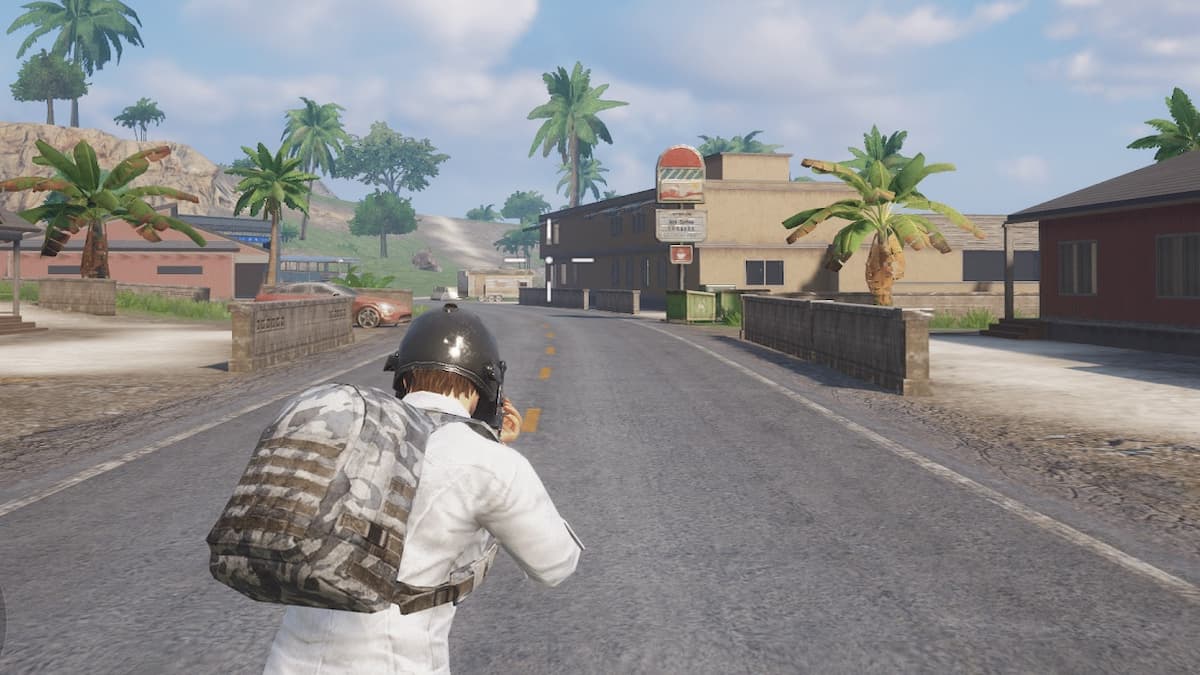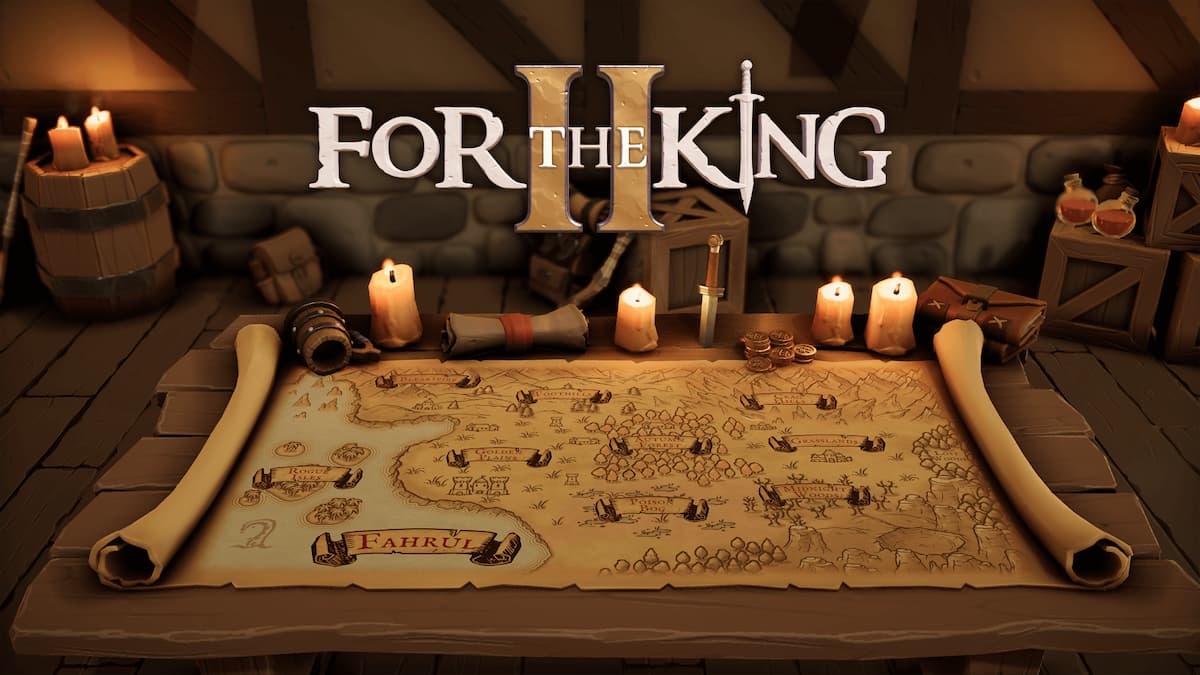Hello again, and welcome to ‘Using SEO in Your Writing’, a series of articles around helping those of you not-so-internet-marketing savvy with the basic aspects of search engine optimization and using them to your advantage.
This time around, we’re going to take a look at tags, one of the most basic corners of the field and one you should be making the most of at any chance you get.
At first glance, tags seem simply to be tools for visitors to use to find other content on the same subject. This is the most obvious point of tags, but they also have a low-to-moderate value to search engines and as such are something you should be mindful of before publishing a piece.
In Using SEO in Your Writing 1 – Making The Best of Links I spoke on the importance of links. If something as seemingly benign as links coming in to and going out of your content affects your page ranking, doesn’t it make sense that something that seems as minor as tags would affect how your articles rank as well?
Common sense here, buddy. Here’s a small tip: Everything affects your page ranking.
The importance of tags
Someone not quite on the up-and-up on SEO will see filling in the tag fields as an inconvenient side-task. Put the game name, maybe a phrase (or a bunch of different tags being one word), and call it a day.. right?
No!
An article’s tags dictate how it’s sorted on-site (here on GameSkinny and anywhere else), how visitors will find it, and have an impact on how search engines see your content.
Now, in any other aspect of search engine optimization, I’d tell you to balance between pandering to search engines and appeasing your readers. With tags, your primary focus is usually going to be search engines.
Stop the presses! Why is this?
All right, think about your browsing habits. How often do you realistically click on tags on an article to find more content on a subject unless it’s pure informational content you happen to be looking up? If you are like the vast majority of internet users, the answer to that is: ‘Not very often.’
There’s no shame to it, but this is something you need to keep in mind. The percentage of people who are going to be clicking on your tags is very low. You want to keep them relevant, but at the same time you need to think more about the all-seeing eye of Google than visitors.
Search engines pay much more attention to a page’s tags than an individual ever will. For this reason, tagging properly is an essential part of search engine optimization and something you should never take lightly. Search engines keep a careful eye on your tags, and they need to be relevant and non-cluttered for PR gains.
So what types of tags should you be using?
We’re a gaming site, so I’m going to speak in terms of a gaming site.
As a rule of thumb, I always put the developer or publisher in the tags. An article I just wrote on today’s Dota 2 patch gives a clear example of this. (Check out how I did that link.) The tags on the article linked are ‘Dota 2‘, ‘valve‘, ‘diretide‘, and ‘patch‘. Small, concise, and effective. All four of these words are the topic of the article.
Now, if you look at the above article and see ‘crafting’, ‘Storm Spirit’, ‘Earth Spirit’, and ‘Ember Spirit’ as key points, you are correct — but really, would this content be useful to someone searching for any of those words? No, and as such they are not important to your optimization and hence not tag-worthy.
On this article, my tags will be ‘seo’ and ‘using seo’. Why? Because that is the exact topic of the article. Additionally, separating the two and creating a tag not used by anyone else (‘using seo’) means readers will be able to find only articles in this series via the tag. In some cases where your goal isn’t optimization, you must pay more attention to the visitor.
The point is…
… you can’t just throw tags at an article willy-nilly and assume it’s doing anyone any good. Chances are, it’s not. It’s always best to keep with smaller, more effective tags than larger, less effective ones. Only tag what you need to.
Another example of effective tagging can be found in my first high-traffic article (at the time, anyway) on Aion 4.0 before it was released in North America.
The tags in this article are a bit messy because this was written before we had a fully functional tagging system, but it’s still a good example. Notice of the tags is ‘aion 4.0‘ in addition to simply ‘aion‘. The tags also have ‘korea‘ and ‘ncsoft‘.
Another article on Aion 4.0, but featuring translations of bard skills, has a much more robust tag compilation based on popular search terms at the time. Obviously this isn’t the case now, but I dominated the Aion 4.0 niche on Google for a couple of months.
Hey! Keep game titles to the ‘Games’ field!
This piece of advice only applies here on GameSkinny, but it is something that needs to be addressed because I’ve noticed several fledgling writers putting game titles along with the other tags. Don’t do that.
Our tagging system is a bit different in most places because we have check boxes for platforms and the game title field, along with the tag field. Keep titles to ‘Games’, platforms to ‘Platform’ (unless it doesn’t exist), and general tags to ‘Tags’.
You want your content to be on our search pages with other relevant content. If you write an article on Magical Girl Adventure VX, and put the game title in its proper place, it will be linked among plenty of other content on the same topic (provided that content exists). If you put the game name in plain ol’ tags, it is alone on a semi-optimized page. Its link on that individual page is useless.
Don’t do this to yourself. Put your tags in the proper fields and tag relevant words in the ‘Tags’ field. It makes it easier for visitors and easier for Google to index your stuff. Don’t you want that? Of course you do!






Published: Nov 14, 2013 07:18 pm